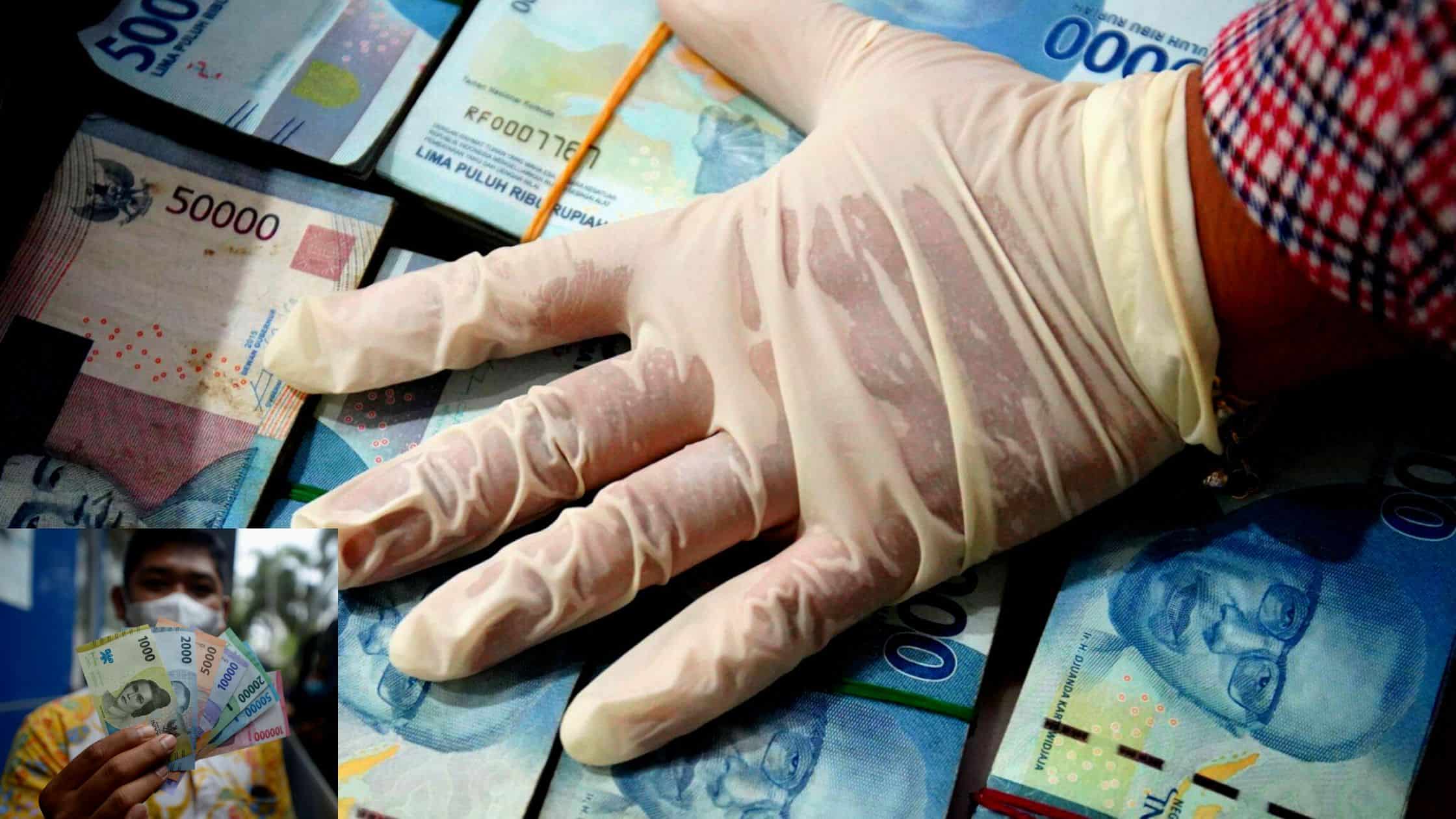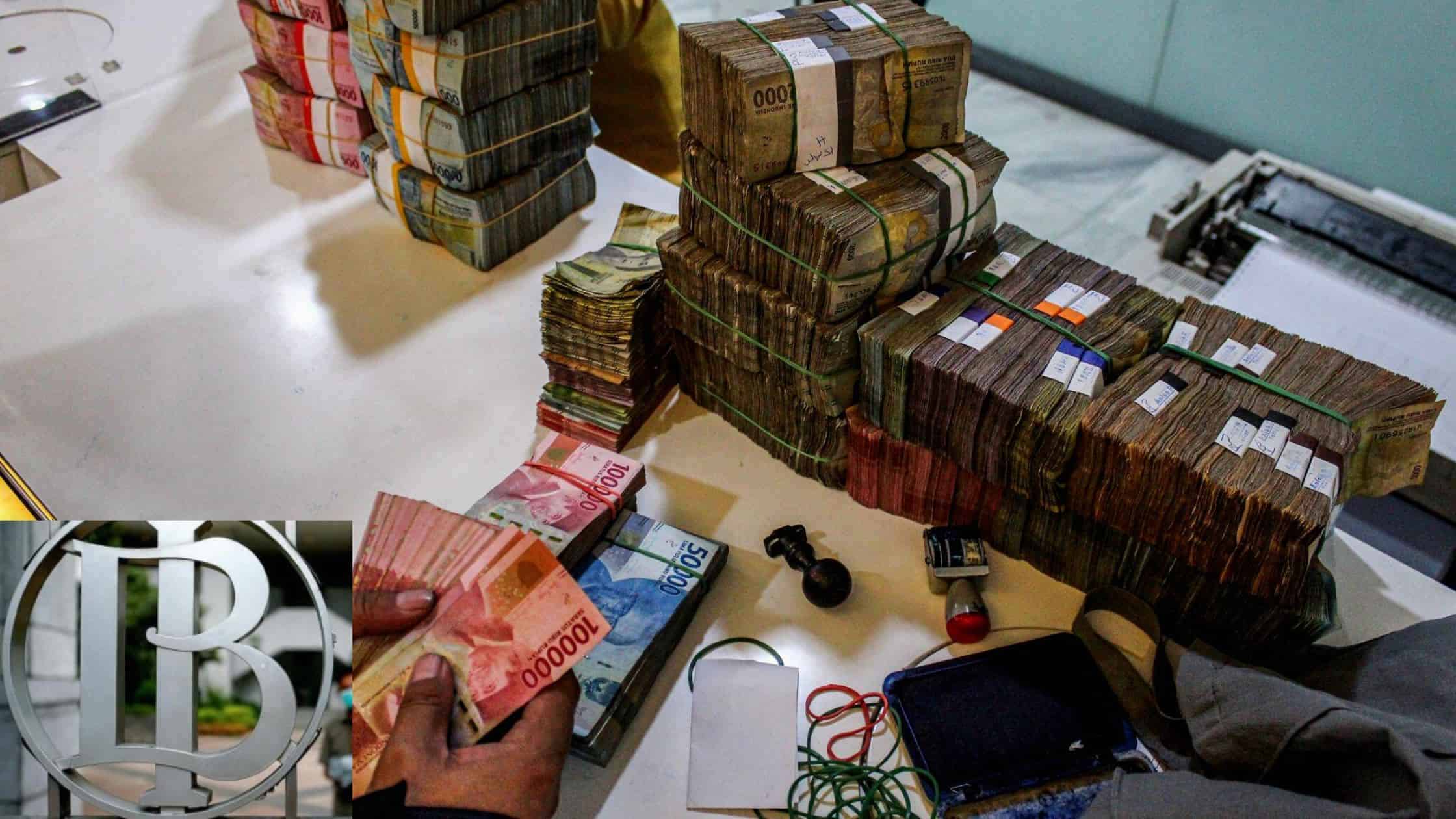News
Indonesia’s Central Bank Around 3% Less Inflation Is Anticipated In 2023

Indonesia’s central bank, Bank Indonesia has seen an inflation rate of 5.4% this December. The central bank governor Perry Warjiyo announced on Wednesday that the inflation would further ease to around 3% in the upcoming year 2023. The recent hike is after the central bank made plans to impose a 50-basis point interest rate hike after their two-day monetary policy meeting in the last month.
Inflation Is Expected To Decrease In The Coming Year
The move was brought to tighten its monetary policy to combat the United States inflation, which causes an overflow of capital from emerging markets. The decision was made in response to higher inflation expectations which were shooting and it is expected that the annual inflation rate would come down to the 2 to 4% range in the first half of 2023.
The current expectation of the inflation rate before imposing this 50 basis point interest was 6.7%, but in reality, the present inflation rate is at 5.4%. The bank Indonesia continues its support to strengthen the exchange rate and fundamental value of the rupiah, in response to the backdrop of the dollar and global financial market.

This latest hike done by the bank of Indonesia was its fourth-straight hike in interest rate, for the third time interest rate spiked to 0.50 percent. However, the pressure of the rupiah has now joined the tightening wave as well bank of Indonesia quite took a long time to respond to the inflation, counterpart to the US. Indonesian bank has followed a similar example set by the US federal reserve.
From this monetary policy, they are intending to strengthen its policy mix to maintain stability in its economic flow. Some of the key steps taken during this monetary policy session are:
- To strengthen the monetary operations by raising the interest rate in the money market to lower inflation and return to the target
- Stabilizing the rupiah as part of measures taken to control inflation, through foreign exchange, spot, and DNDF transactions, including buying and selling SBN in the secondary market
- To increase the attractiveness of SBN in foreign portfolio investment flow, experts suggest continuing buying and selling SBN as well to strengthen exchange rate stabilization
- Maintaining prime lending rate transparency in the banking industry with a focus on the interest rates in the banking industry to policy rates.
- Improvement of the payment system by strengthening the payment policies and accelerating the mode of digital support
- Innovating payment system by acceptance of BI-FAST, as well as expanding the mode of service channels to attract more participation.
These are some of the front-loaded measures taken by the experts to help the country’s economy evade the inflation in future.
Also Read: Elon Musk Will Step Down As CEO Of Twitter Once A Replacement Is Found
Despite the global economy dwelling in turmoil, the Indonesian economy remains sturdy with a profitable outlook. Bank Indonesia is projecting solid growth in the upcoming year 2023 expecting 4.5-5.3% before spiking to 4.7-5.5% in 2024. However, the consumer price index is expected to follow a downtrend before its return of 3% in 2023 and 2.5% in 2025 at its maximum. The key factor for maintaining economic resilience and revival, according to the bank Indonesia governor, Werry Warjiyo is innovation and synergy.
In 20323, the bank Indonesia is planning to mix policies, which will remain an integral part of strengthening the economy as well recovering from the current inflation. To continue to focus on maintaining a stable economy, a pro-stability monetary policy will be implemented along with other four policies which are, macroprudential policy, payment system policy, money market deepening policy, and inclusive and green economic financial policy.
As well quarterly and annual meeting forums will be held to review the progress of the country’s economy as well as to deliver Bank Indonesia’s perspective of the latest economic challenges, objectives, and outcomes along with the orientation of Bank Indonesia’s policy mix to move forward for a stable economy.
